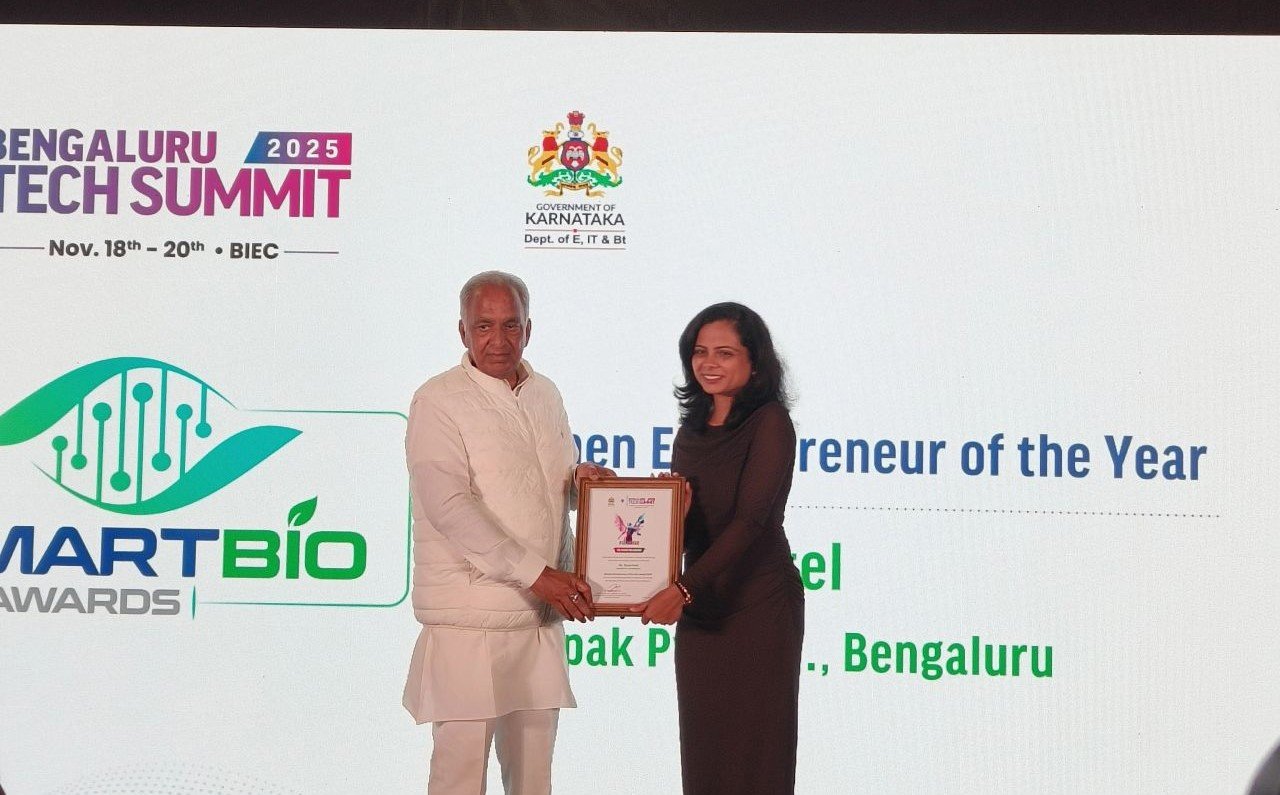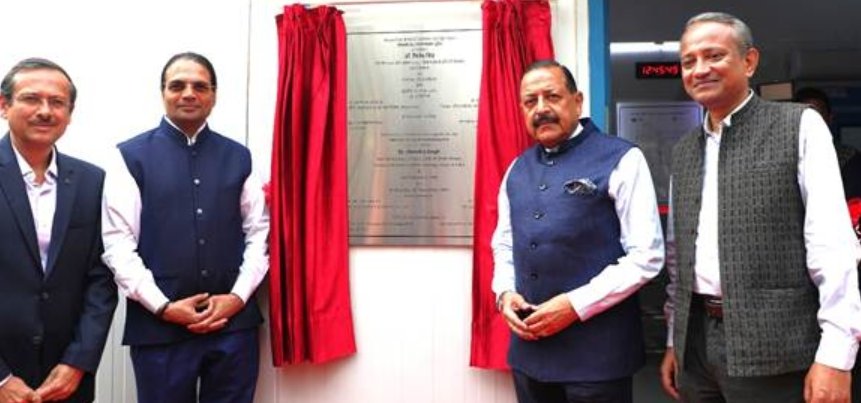Wholesome BT Policy
April 11, 2005 | Monday | News
 |
| Suresh N |
The long wait for the draft National Biotech Policy is
finally over. From the contents unveiled on March 31, the wait seems alright.
The task force headed by DBT secretary Dr M K Bhan has more or less included
every major demand of the industry and has in fact drafted a very
industry-friendly, forward looking policy document, titled, National
Biotechnology Development Strategy.
Clearly, the highlight of the proposal is the move to allow
100 percent foreign direct investment (FDI) in the form of equity in the biotech
sector. It has not been spelt out explicitly. "As an effective regulatory
mechanism has been put in place through recent interventions, Foreign Investment
Promotion Board (FIPB) approval for equity investment may no longer be
necessary," says the draft strategy. Another long-pending demand for a
unified regulatory system for the sector is in the offing. The Mashelkar and
Swaminathan task forces have made voluminous recommendations and Sibal has
reiterated that these will be implemented. So the industry can look forward to a
curtailed role of the much dreaded regulatory agency, GEAC and the biotech
policy has put forward the proposal for an interim arrangement to oversee the
regulatory system during the transition phase.
The policy has called for appropriate government
interventions to ensure that biotechnology too gets the tag "priority
sector" for lending funds for long gestation projects by banks. Another
innovative step is the move to set up a "Small Business Innovation Research
Initiative" to provide grants and loans to small companies to support
pre-proof of concept, early stage innovative research and provide mentorship and
problem solving. This, if implemented properly, should help spark the
entrepreneurship spirit and lead to the entry of many more Vijay Chandrus and
Krishna Ellas into the sector.
The proposal to set up a Biotechnology Parks Society of India
(BPSI) on the lines of the successful STPI in software to promote a series of
biotech parks by 2010 will be widely welcomed. STPI has been an amazing
government agency which hand held the software sector to its dizzying heights.
BPSI should emulate STPI and recreate the wonder in biotech without fail. A
whole set of fiscal concessions will be available to these parks which will be
treated as Special Economic Zone for preferential policy treatment.
Almost all the major demands of various sub-sectors of the
industry have been addressed by the policy. While the pharma, diagnostics and
other key sectors have come out smiling, the bioagri segment may not be very
pleased with the strategies announced in the document. The government has
sidestepped the demand for the articulation of its policy on transgenic food
items. "Transgenic plants should not be commercialized in crops/commodities
where our international trade may be affected. However, their use may be allowed
for generation of proof of principle, strictly for R&D, their alternate
systems are not available or suitable," says the draft. This is a dampener
and it is evident that the views of the strong NGO movement and basmati
exporters have prevailed in the attempt to keep transgenics out of heavily
traded commodities like rice and sugar etc for the fear of offending anti-GM
countries. Of course, this has helped to provide a rare clarity about transgenic
food crops and GM supporters will have to redouble their efforts to be heard.
Overall, it is a wholesome strategy to stimulate the growth of Indian biotech
over the next 10 years.

<sureshn@cybermedia.co.in>











